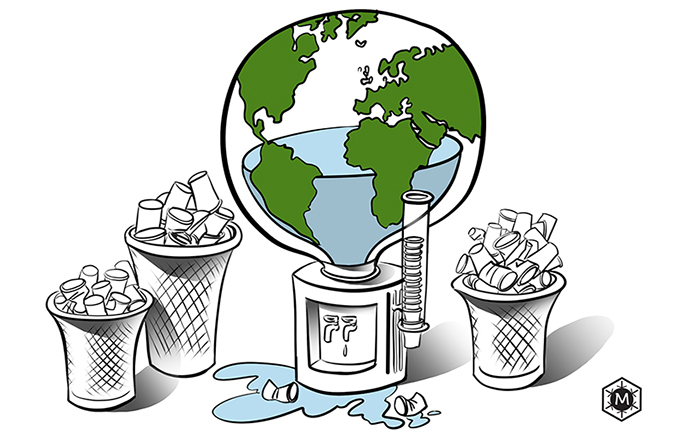Sneaky diplomatic ploy of Japan backfires in UK
Ten thousand pounds per month-that's the money the Japanese embassy in London has been paying to a British think tank to hype up China threat and propagate against China-UK relations, according to a Sunday Times report.
If true, the act of the Japanese embassy, as an official representative of the country, is both surprising and despicable.
The report says the embassy has hired the Henry Jackson Society, a right-wing think tank, to encourage high-level British politicians and journalists to "voice opposition to Chinese foreign policy".
A recent example is an article published in August 2016 questioning China's involvement in Britain's Hinkley Point C nuclear plant. Former British foreign secretary Malcolm Rifkind has confirmed that he had been approached by the HJS to put his name to the article.
Japan's fears about China's rapid development and its sound relations with Britain are seen as being the major motives for why Japan might feel the need to conduct such an indecent campaign.
But such a trick will neither help Japan, whose economy is struggling, nor deter China's growing ties with Western countries. It only reveals a serious deficiency in Tokyo's self-confidence and a moral depravity of its diplomats.
Meanwhile, one cannot help wondering if and how many other Japanese embassies are working on similar projects to tarnish the image of China.
The Japanese government and media as well as the embassy in London have chosen to remain silent after the report was published on Sunday. But silence is by no means golden, and simply gives credence to the report.
Since the UK government has given the green light to the Hinkley Point C project, a sign of the country's confidence in and commitment to a "golden era" of relations with China, HSJ eventually failed in its subversive mission.
For the HJS, its involvement in such a money-driven trick would belie its claim to be "fighting for the principles of a free society".
The authors are writers with Xinhua News Agency.



















